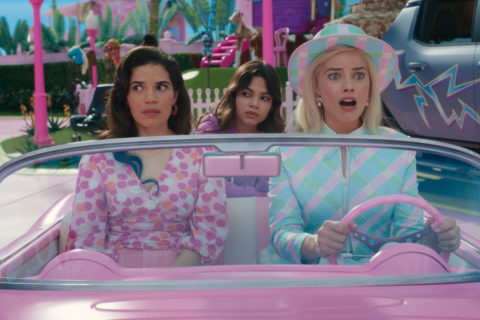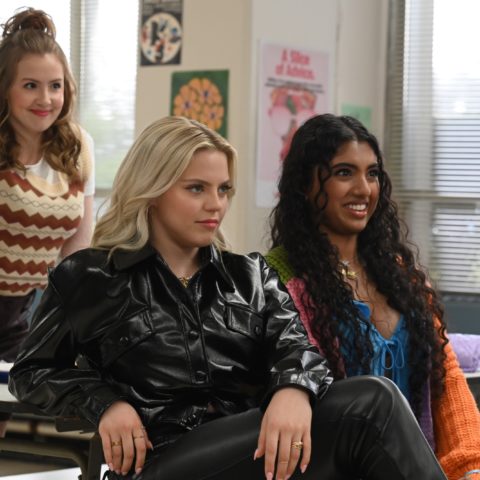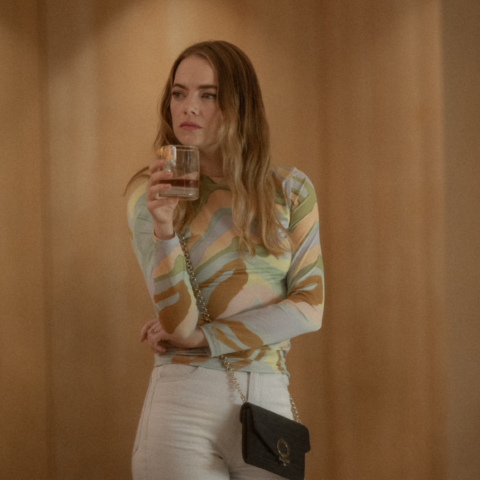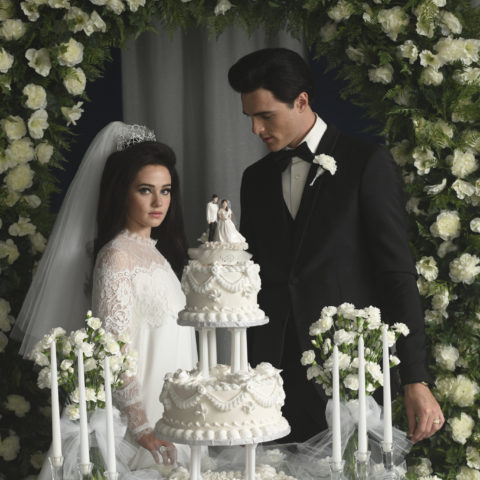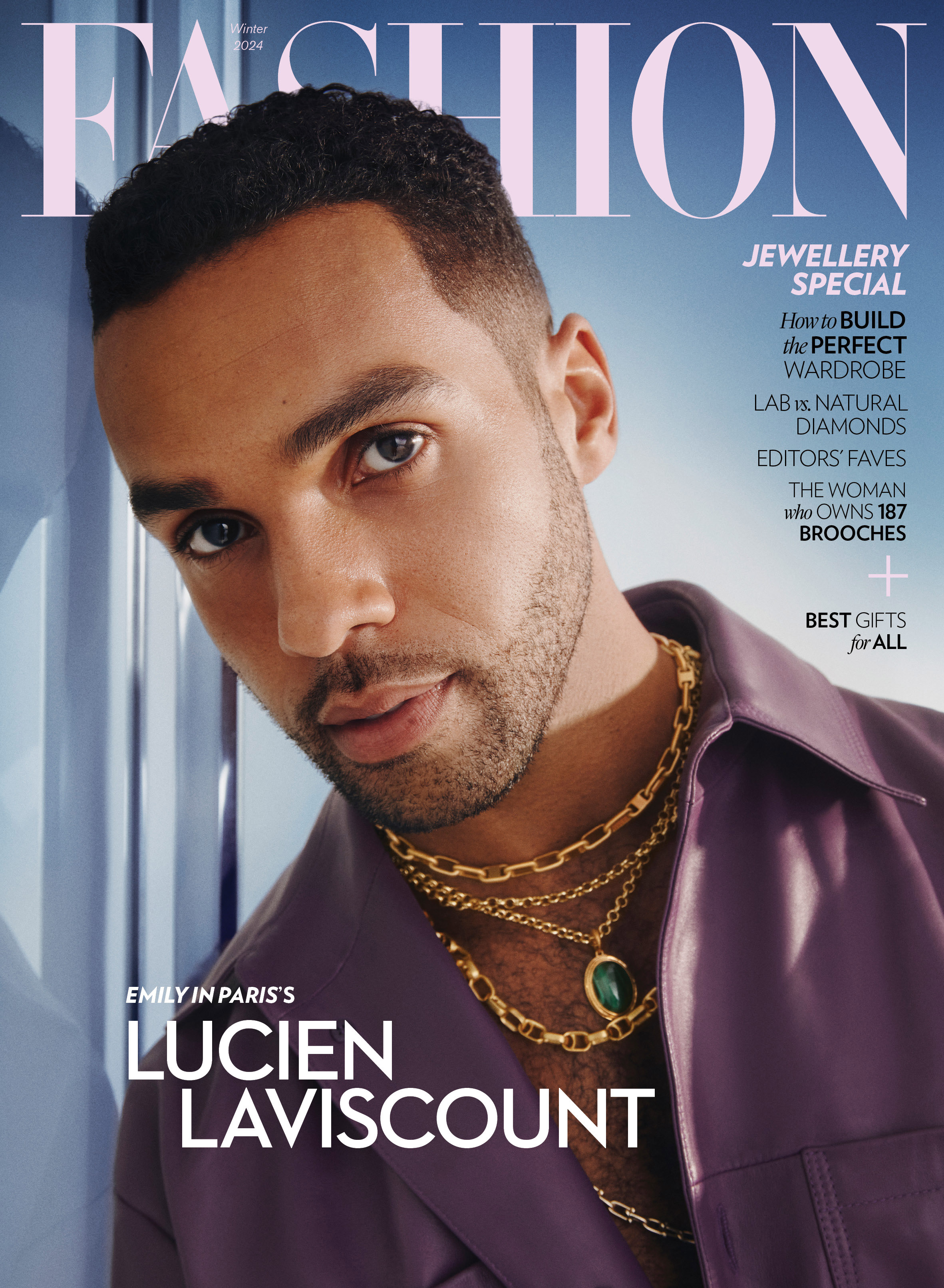This Barbie Isn’t An Oscar Nominee — and We’re Perplexed
She wasn't the only one left out of the Oscars race. And it's Kenough already.
Turns out, it may not really be a Barbie world, at least when it comes to Oscar nominations.
On January 24, The Academy of Motion Picture Arts and Sciences announced the nominations for the 96th Academy Awards. The prestigious annual awards ceremony is the be-all and end-all of Hollywood awards shows, and a nomination for an actor, director, and film can often cement their place in the industry. And leading up to the announcement, folks had a clear idea of the films — and people — that would be nominated: Barbie, obviously.
Greta Gerwig’s box office sensation was *the* movie of summer 2023, and is a feminist take on the often-belittled doll that so many young people grew up playing with. At its core, the movie is about the strength of womanhood and pushing back against the patriarchy. Which is why it seems only fitting, if depressing, that star Margot Robbie and director Gerwig would ultimately be snubbed. Because, you know, the patriarchy.
Yep, you guessed it. Neither Robbie or Gerwig were nominated for Best Actress or Best Director, respectively. And the cherry on top of this rancid sundae is the irony that Ryan Gosling, who played Ken, was nominated for Best Supporting Actor while the literal Barbie to his Ken was shut out.
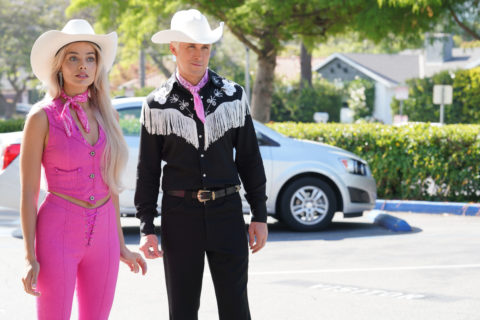
To be clear: We *love* Ryan Gosling. The Canadian treasure deserves a nomination for his campy take on the devoted doll; he was a standout in the film and the role showcased Gosling’s comedy chops. And the film did receive eight nominations, including one for Best Picture. But we can’t help but feel like this is a bit of a sick joke, considering women doing the most only to be overlooked for men doing the least is essentially the premise of Gerwig’s film. And it’s also just categorically unfair, especially considering how impactful the film has been culturally.
ICYMI, Barbie was history-making, drawing in $1.45 billion USD worldwide to become the highest grossing film of the year and the biggest debut ever for a film directed by a woman. The film gave way to the rise of the #Barbiecore trend that permeated our social media feeds, runways, and closets since its release, and Robbie’s red carpet style on the film’s press tour — a direct homage to Barbie dolls of the past — is going to go down as one of the best sartorial showings of all time. (Robbie and her stylist Andrew Mukamal are even releasing a book of her press tour looks on March 19.)
As Barbie, Robbie, also an executive producer on the film, brought complexity and depth to the plastic doll, and director Greta Gerwig, alongside the A+ cast, proved that women can do and be anything they want without fear or shame.
And the film has had an impact on society. According to an August 2023 survey conducted by Resume Builder, 53 per cent of the film’s viewers said that Barbie improved their opinion of women in the workplace, and two in three respondents said the film made them aware of patriarchy in the workplace. A whopping 62 per cent said the movie caused them to self-reflect on their own behaviour.
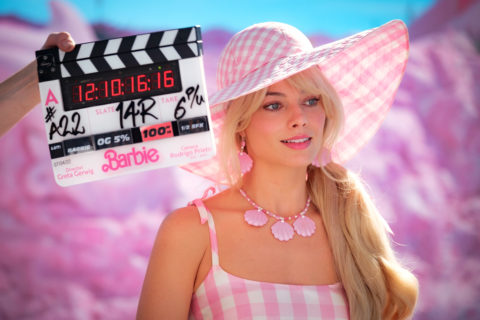
In response to the announcement, Gosling released a statement, thanking the academy for his nomination, but calling out the fact that Robbie and Gerwig — the two women behind the film’s creation — were overlooked. “To say that I’m disappointed that they are not nominated in their respective categories would be an understatement,” Gosling wrote. “There is no Ken without Barbie, and there is no Barbie without Greta Gerwig and Margo Robbie, the two people most responsible for this history-making, globally celebrated film.”
“They made us laugh, they broke our hearts, they pushed the culture and they made history. Their work should be recognized along with the other very deserving nominees,” Gosling wrote. And we agree.
But there is a glimmer of hope in Oscarland (Barbieland? Not so much). Despite these glaring Barbie snubs, this year’s was one of the most diverse nomination pools in Oscars history.
While Robbie wasn’t nominated, her co-star America Ferrera, who played Gloria in the film to much acclaim, received her first nomination for Best Supporting Actress. Outside of Barbieland, there were a lot of exciting historic nominations, like Colman Domingo for Best Actor for his role in Rustin (the first Afro Latino nominated), alongside co-star Sterling K. Brown for Best Supporting Actor, marking the first time in history two Black actors from the same film have been nominated in these categories.
View this post on Instagram
In Best Supporting Actress, Danielle Brooks and Da’Vine Joy Randolph received nominations for their roles in The Color Purple and The Holdovers. Domingo and Jodie Foster made history as the first time two openly LGBTQ+ actors have been nominated for playing LGBTQ+ characters. And one of the most exciting nods has to be Lily Gladstone‘s Best Actress nomination for her turn as Mollie Burkhart in Killers of the Flower Moon. Gladstone is the first Native American woman to be nominated for the Best Actress award in the show’s history.
As Refinery29 Australia editor Alexandra Koster pointed out in an article after the announcement, seven of the 20 acting nominees across Best Actress, Best Supporting Actress, Best Actor, and Best Supporting Actor are people of colour, many nominated for the first time. “It’s undoubtedly a phenomenal year for diversity,” Koster wrote, “so why are we so concerned that two cis white women, who carry an enormous amount of privilege as is, aren’t nominated for an award?”
Those are nominations that should be celebrated. But aside from Robbie and Gerwig, there are other talents notably absent from the Oscar ballots — and as many people on the internet have pointed out, the outrage for Robbie and Gerwig’s snubs hasn’t been equally applied to other women and films that were overlooked. Take Celine Song, the South Korean-Canadian director of Past Lives. Arguably one of the most beautiful and heart-wrenching films of 2023 (seriously, you have to see it and you *will* sob uncontrollably), Song was overlooked for Best Director alongside Gerwig, and the star of her film, Greta Lee, was also shut out. Meanwhile, both Barbie and Past Lives were nominated for Best Picture.
View this post on Instagram
There’s a lot that can be said about the reasoning behind this, from a difference in box office numbers and how the films were promoted, to the framing of Barbie as inherently feminist and thus its being overlooked as anti-feminist and misogynistic. Ultimately, this a situation familiar to many BIPOC and marginalized artists, but perhaps new and therefore shocking to people outside of those communities.
The lack of widespread outrage for snubs like Song’s, however frustrating, doesn’t diminish the fact that seeing the two women behind Barbie’s mega success go unrecognized on one of the biggest stages in Hollywood sucks. Gerwig’s snub as Best Director, feels especially misguided given her track record (this is the third Oscar-nominated film for Gerwig) and her ability to centre women and not only help them feel seen, but show that everyone can — and should — care about them, too.
It’s no coincidence, then, that Priscilla — another movie about the experience of a young woman in her own words helmed by director Sophia Coppola — received no Oscar nominations. Meanwhile, Elvis, the Baz Luhrmann spectacle starring Austin Butler and his accent, which revolved around Elvis Presley’s experience, was received eight Oscar noms in 2023.
Gerwig, Song and Coppola’s snubs feel like yet another reminder that women’s stories only matter to Hollywood execs insofar as they can make them money. It reiterates the fact that women’s stories, and the people who work so hard to put them on-screen, still have to fight for crumbs of recognition. And in a year that saw women take over the box office and the industry, that’s just not Kenough.

